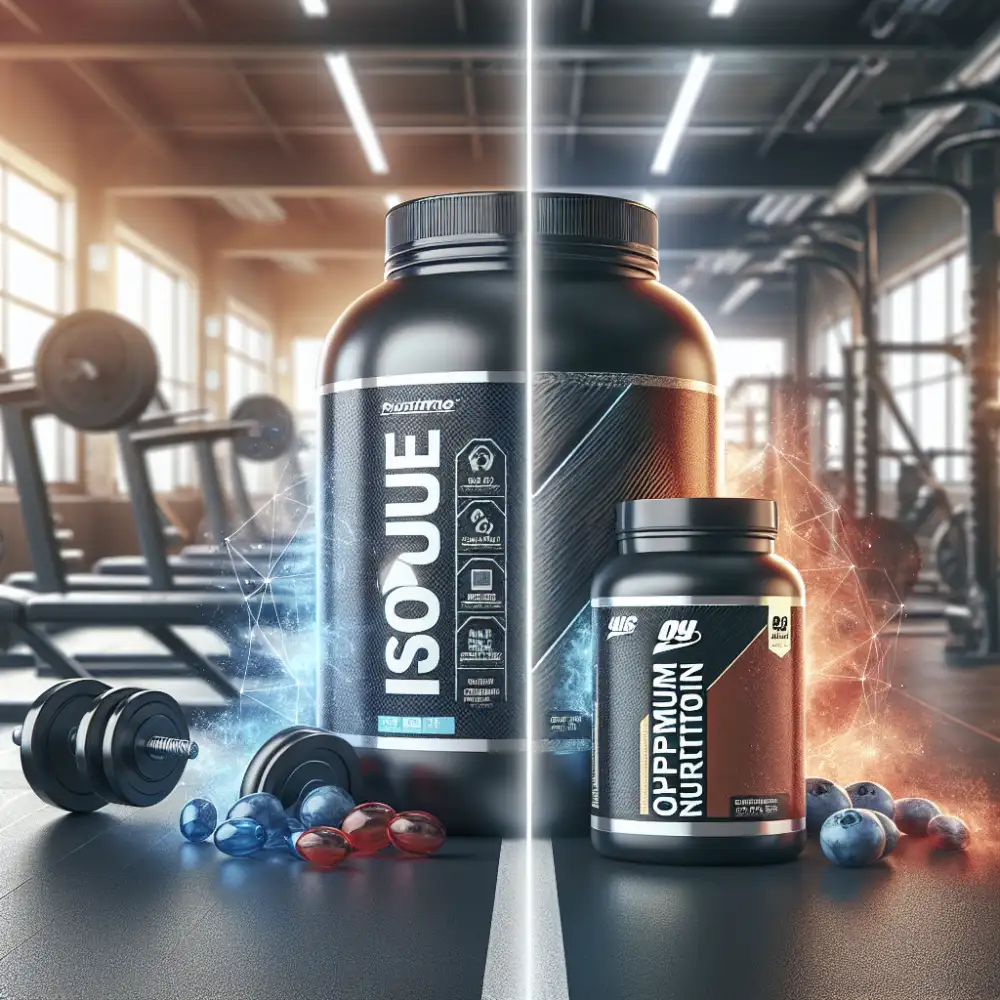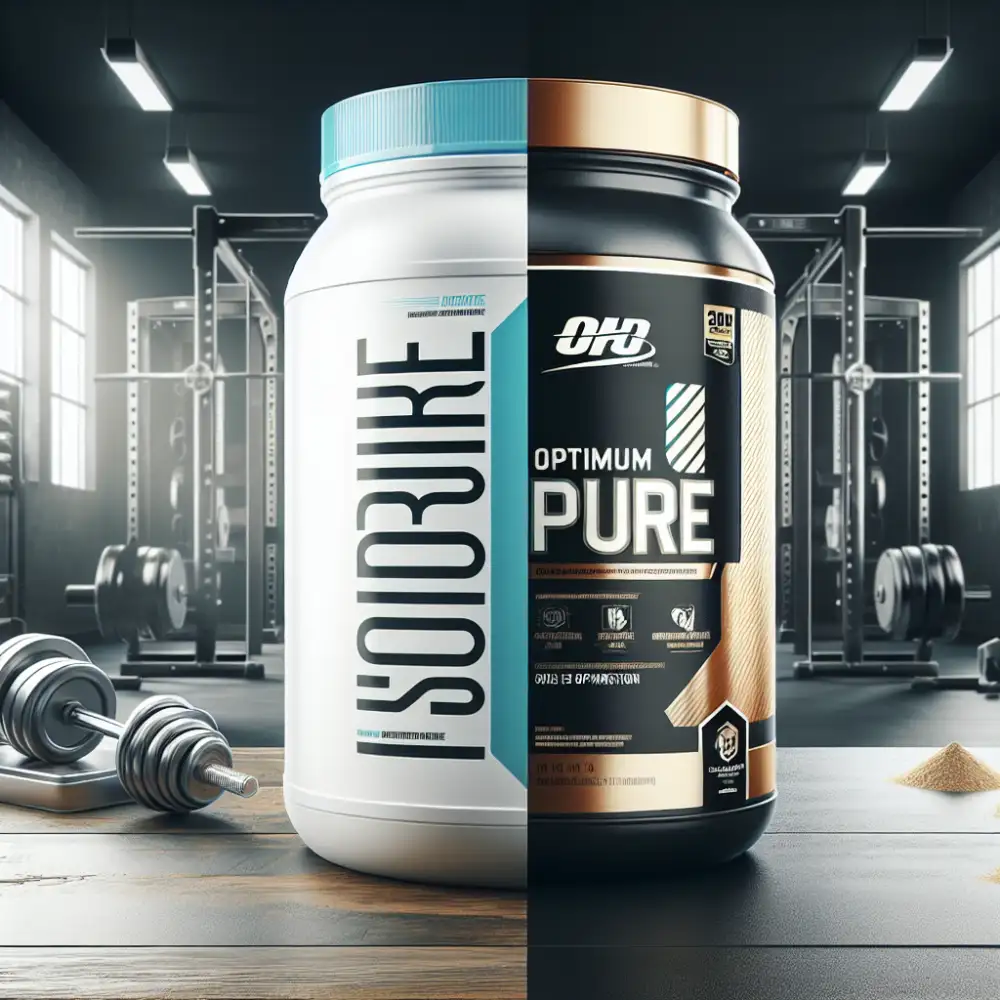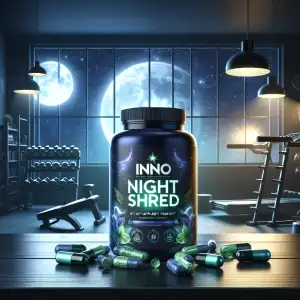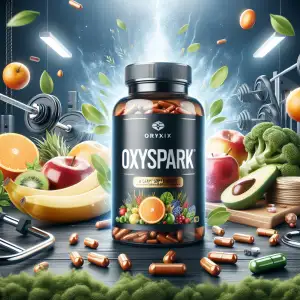Isopure Vs Optimum Nutrition: Which Protein Powder Reigns Supreme?

Ingredient Quality
When comparing Isopure and Optimum Nutrition, ingredient quality is a major factor to consider. Both brands are transparent about their sourcing and manufacturing processes. However, there are some key differences in the quality of ingredients they use.
Isopure prides itself on using high-quality, microfiltered whey protein isolate. This type of protein is highly refined and virtually lactose-free, making it easier to digest for those with sensitivities. Isopure also uses high-quality vitamins and minerals in its blends. They often source premium ingredients like Chelated minerals, which are designed for better absorption.
Optimum Nutrition, while also using high-quality whey protein, offers a broader range of protein sources across its product line. This includes whey protein concentrate, which is less processed than isolate and contains more fat and lactose. While this might be suitable for some, it may not be ideal for those with dietary restrictions or preferences for leaner protein sources. Optimum Nutrition also utilizes vitamins and minerals in its formulas. However, they may not consistently opt for the premium, highly bioavailable forms like Chelated minerals that Isopure often utilizes.
Ultimately, both brands offer quality ingredients. Isopure focuses on a premium, highly refined approach, particularly with its protein sources. Optimum Nutrition provides a wider variety of options, which may include less refined protein sources. The best choice depends on your individual needs, preferences, and dietary restrictions.
Protein Sources
When choosing between Isopure and Optimum Nutrition, the source of protein is a key factor. Both brands offer a variety of protein sources, each with pros and cons.
Whey Protein: Both Isopure and Optimum Nutrition offer whey protein supplements. Whey protein is a fast-digesting protein that is a popular choice for post-workout recovery. It is also a complete protein, meaning it contains all nine essential amino acids.
Casein Protein: Casein protein is a slow-digesting protein that is a good choice for a bedtime snack or to take between meals. It is also a complete protein and provides a sustained release of amino acids. Optimum Nutrition offers casein protein supplements, while Isopure generally does not.
Soy Protein: Soy protein is a plant-based protein that is a complete protein. It is a good option for vegetarians and vegans. Optimum Nutrition offers soy protein supplements. Isopure does not typically offer soy protein as a standalone supplement but may include it in protein blends.
Milk Protein: Milk protein contains both whey and casein. It provides a combination of fast- and slow-digesting protein. Optimum Nutrition offers milk protein supplements. Isopure generally does not.
Egg Protein: Egg protein is a high-quality protein that is a good alternative to whey protein for people with lactose intolerance. It is a complete protein and is absorbed relatively quickly. Optimum Nutrition offers egg protein supplements. Isopure generally does not.

Protein Blends: Both Isopure and Optimum Nutrition offer protein blends that combine different protein sources. These blends are designed to provide a sustained release of amino acids throughout the day.
Ultimately, the best protein source for you will depend on your individual needs and goals. If you are looking for a fast-digesting protein for post-workout recovery, whey protein is a good option. If you are looking for a slow-digesting protein for bedtime or between meals, casein protein is a good choice. And if you are looking for a plant-based protein, soy protein is a good option.
Added Sugars
When comparing protein powders like Isopure and Optimum Nutrition, it's easy to get caught up in the protein content and macros. However, one crucial factor often overlooked is the amount of added sugar. While some sweetness can make a shake more palatable, excessive sugar can hinder your fitness goals.
Let's break it down:
Why it matters: Added sugars offer calories without nutritional value. They can lead to sugar crashes, hinder fat loss, and contribute to health issues in the long run.
Isopure: Generally known for its low-carb, low-sugar approach. Many Isopure products, particularly their Zero Carb and Low Carb ranges, boast minimal to no added sugar. This makes them a popular choice for those monitoring sugar intake, like individuals on ketogenic diets or with specific dietary restrictions.
Optimum Nutrition: Offers a broader range, including some options higher in sugar. Their Gold Standard 100% Whey, a flagship product, contains a moderate amount of sugar, primarily from flavoring and additives. This might not be ideal for everyone, especially those strictly watching their sugar intake.
Reading labels is key: Don't just rely on marketing claims. Always check the nutrition label. Look for terms like "sugar," "cane sugar," "glucose," "fructose," or "maltodextrin" in the ingredients list, as these all contribute to the total sugar content.
Making informed choices: Your choice depends on your individual goals and preferences. If you prioritize minimal sugar intake, Isopure's low-sugar options are worth considering. If you're less strict and prefer a wider flavor range, Optimum Nutrition offers various choices, but remember to check the sugar content before you buy.
Ultimately, being mindful of added sugar in your protein powder, just like in any other food, can significantly impact your overall health and fitness journey.
Artificial Sweeteners
When comparing protein powders like Isopure and Optimum Nutrition, it's common to wonder about artificial sweeteners. Both brands often use them to enhance taste without adding sugar.

Let's break it down:
Common Ground: Both Isopure and Optimum Nutrition offer products with artificial sweeteners like sucralose and acesulfame potassium. These sweeteners are significantly sweeter than sugar, requiring only small amounts to achieve desired sweetness.
Potential Concerns: Some individuals may experience side effects from artificial sweeteners, such as headaches or digestive issues. However, research on their long-term effects is ongoing and inconclusive.
Reading Labels: Always check the ingredient list of your chosen protein powder, regardless of the brand. Pay attention to the types and amounts of sweeteners used.
Natural Alternatives: Both Isopure and Optimum Nutrition offer products with natural sweeteners like stevia. These options can be preferable for those looking to avoid artificial ingredients.
Ultimately, the best choice depends on your individual preferences and dietary needs. If you have concerns about artificial sweeteners, explore the naturally sweetened options from both Isopure and Optimum Nutrition.
Digestive Health
When it comes to protein powders, both Isopure and Optimum Nutrition offer products that can support your fitness goals. However, their impact on digestive health can vary depending on the specific product and individual sensitivities.
Isopure, known for its low-carb and lactose-free protein isolates, can be a good option for individuals with lactose intolerance or those following a ketogenic diet. Whey protein isolate, a primary ingredient in many Isopure products, is generally well-tolerated and digested efficiently. However, some individuals may experience digestive discomfort with whey protein concentrate, which is found in some Isopure blends.
Optimum Nutrition provides a wider range of protein powders, including whey protein concentrates, isolates, and blends. While whey concentrate can be more affordable, it contains higher levels of lactose, which may cause digestive issues for some. Optimum Nutrition also offers plant-based protein options, such as soy protein and brown rice protein, which can be suitable for individuals with dairy allergies or vegan diets. However, plant-based proteins may cause bloating or gas in some individuals due to their fiber content.
When choosing between Isopure and Optimum Nutrition for digestive health, consider the following:
Ingredients: Check the ingredient list for potential allergens or ingredients that you know trigger digestive issues.
Protein Source: Whey protein isolate is generally well-tolerated, while whey concentrate may cause problems for those with lactose sensitivity. Plant-based proteins can be a good alternative but may cause bloating in some.
Additives: Artificial sweeteners, flavors, and thickeners can contribute to digestive discomfort in some individuals. Look for products with minimal additives or those that use natural alternatives.


It's important to note that everyone's digestive system is different. What works well for one person may not work for another. If you experience digestive issues with a particular protein powder, discontinue use and consult with a healthcare professional.
Isopure's commitment to purity is admirable, but for overall value and a wider range of products, Optimum Nutrition takes the crown.
Elian Ashworth
Allergen Information
When it comes to sports nutrition, especially protein powders, it's super important to keep allergens in mind. Both Isopure and Optimum Nutrition are big names in the supplement world, and they have a wide range of products. This means what might be okay for one person could cause problems for another.
Let's talk about some common allergens and how these two brands stack up:
Dairy: If you're lactose intolerant, listen up! Isopure is known for its lactose-free whey protein isolate. This means they take extra steps to remove most of the lactose, making it easier to digest. Optimum Nutrition also offers lactose-free options, but they're not as common in their product lineup. You really have to check those labels carefully.
Soy: Soy is a tricky one for some people. Isopure generally steers clear of soy ingredients in their whey protein isolates. Optimum Nutrition, on the other hand, sometimes uses soy lecithin in their products. It's usually a small amount, but if you're highly sensitive to soy, Isopure might be the safer bet.
Gluten: For those with celiac disease or gluten sensitivity, finding gluten-free protein powders is a must. The good news is that both Isopure and Optimum Nutrition offer plenty of gluten-free choices. Just double-check those labels to be absolutely sure.
Eggs: Egg allergies are less common, but they're out there. Isopure's whey protein isolates are typically egg-free. Optimum Nutrition products can sometimes contain egg ingredients, so again, label reading is your best friend.
Nuts: Nut allergies are serious business. Thankfully, both Isopure and Optimum Nutrition are usually pretty good about avoiding nut ingredients in their whey protein powders. However, it's crucial to be aware of cross-contamination risks. If you have a severe nut allergy, you might want to contact the company directly to ask about their manufacturing processes.

The Bottom Line:
Always, always, always read the allergen information on any food product, including protein powders. While this guide gives you a general idea, formulations can change. If you have specific allergies or sensitivities, reach out to Isopure or Optimum Nutrition directly to get the most up-to-date information on their products. Stay safe and healthy!
Published: 25. 06. 2024
Category: Health



